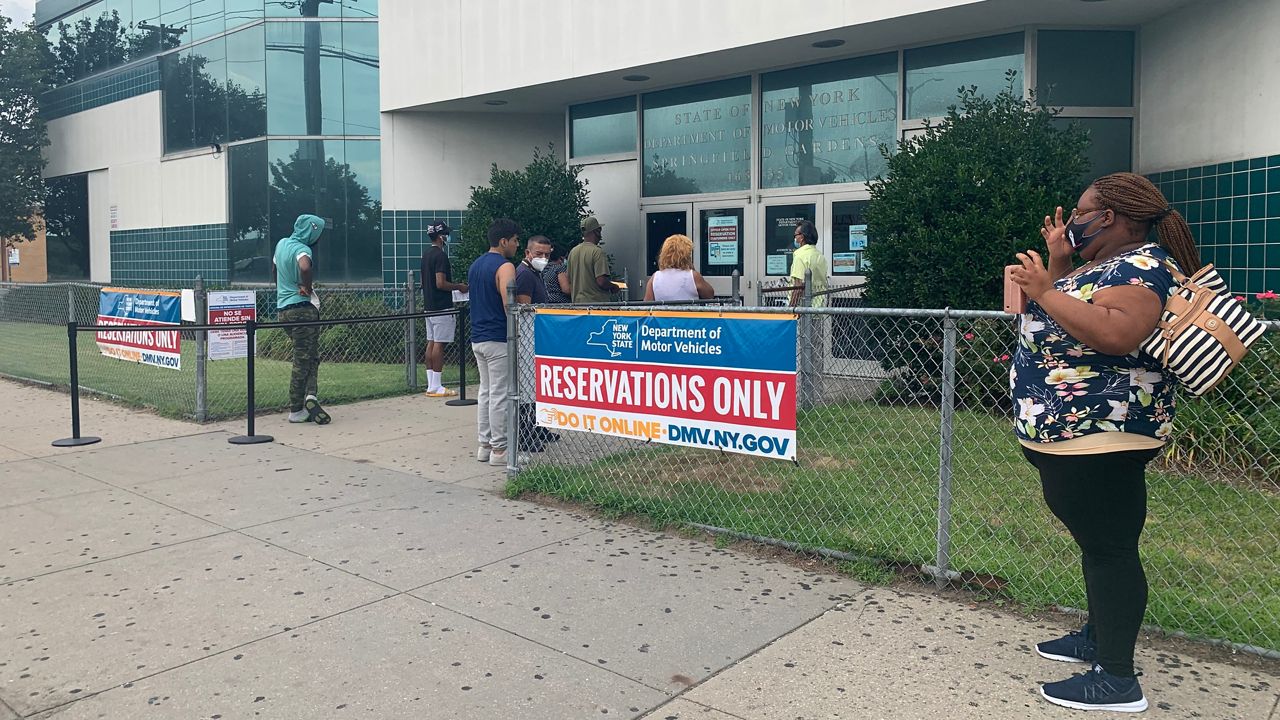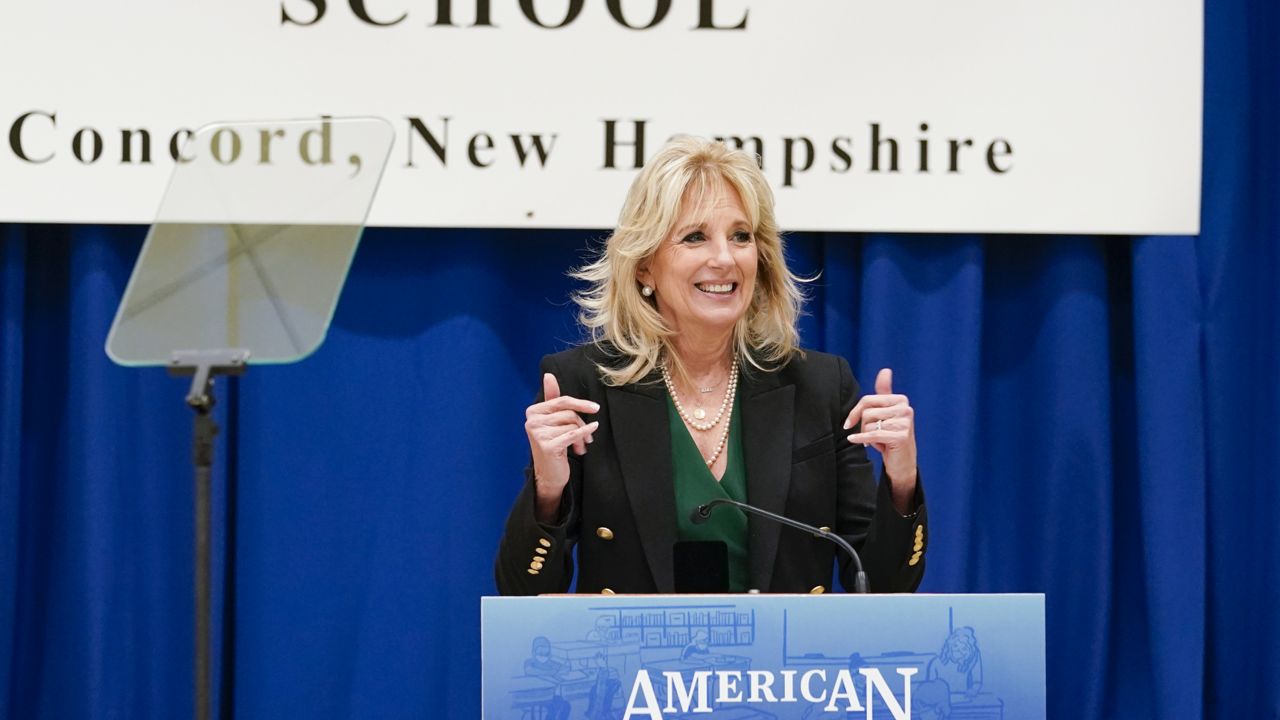NEW YORK CITY — A controversial coronavirus policy that allowed cops to phone in their testimony to Department of Motor Vehicles courtrooms has been challenged by a new lawsuit from outraged trial lawyers.
The Association of Motor Vehicle Trial Attorneys filed last week a lawsuit demanding the state’s DMV halt a novel coronavirus safety precaution the attorneys say is making millions at the expense of their clients’ constitutional rights.
“They said they’re doing it for safety reasons,” said AMVTA president and attorney Matthew Weiss. “We’re saying be safe, but you can’t dispense with fairness.”
The Traffic Violations Bureau for weeks has been allowing police officers to submit testimony via telephone while ticketed drivers must appear in court to dispute the claim, NY1 reported last month.
The DMV did not immediately respond to NY1's request for comment, but in August explained the policy was put in place to prevent the spread of COVID-19 by limiting contact with officers who had, at one time, a higher rate of spread.
"For everyone's safety, neither law enforcement nor motorists are required to appear in person," a DMV spokesperson said.
"If an officer fails to appear by phone or provide sufficient evidence to sustain the charge against the motorist, cases are dismissed just as they always have been."
AMVTA, a nonprofit association of about 50 traffic court lawyers, estimates thousands of tele-hearings, during which cops act both as prosecutor and sole witness, have resulted in guilty verdicts.
Weiss estimates the DMV could earn roughly $21 million from about 326,000 tickets issued in New York during the first six months of 2020, with an average of two-thirds receiving, a guilty verdict and $100 fine.
TVB courts are contained within the DMV, which pays the salaries of judges who rule on drivers’ guilt, Weiss said.
“I often describe it as the fox guarding the hen coop,” Weiss said. “They’ve created an name that sounds independent, but it’s a DMV judge deciding whether the DMV gets your money.”
The complaint details dozens of hearings during which attorneys struggled to hear cops’ testimony over poor connections, the police officers read off fill-in-the-blank “cheat sheets” provided by their precincts and TBV judges coaching cops before rendering a guilty verdict.
Driver Miguel Caballero arrived in TBV with video which he hoped would convince the cop he hadn’t made an illegal turn, he said in the complaint.
According to the complaint, the judge reviewed notes Caballero was not allowed to see then found guilty.
“I wanted the cop to look at the video,” Caballero said. “But he couldn’t because he wasn’t there.”
The lawsuit, filed in Albany Supreme Court, comes weeks after the AMVTA requested the DMV stop relying on telephonic hearings, said Weiss. The group received no reply, he said.
While the attorney believes his case is strong, Weiss believes the policy won't be abolished anytime soon.
“I don’t know how they’re successfully going to oppose it considering their violating their own rules,” Weiss said. “But their plan is to go full speed ahead with the speaker phone justice.”





